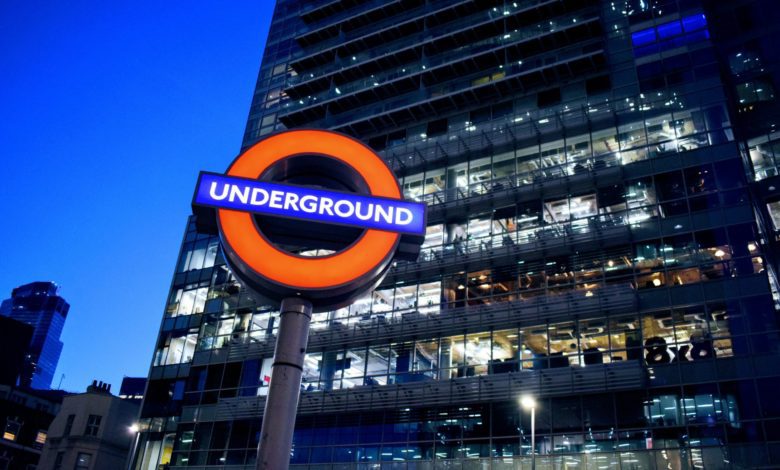Here’s how the train strikes will impact hospitality
Transport strikes are going to happen as the recently rejected offer made by transport bosses was followed by an announcement of further strike dates. Hospitality is forecasted to lose £1.5bn on those days, but what will this actually look like?

A new wave of fresh rail strikes have been scheduled this winter as Network Rail and 14 other train companies are taking strike action on 13, 14, 16 and 17 December and on 3, 4, 6 and 7 January.

